Temperance
Blackburn in 1830: 'Drunkenness and profligacy exceeds belief... men, women and children in the streets of Salford and Northgate form one mass of riot and dissipation ... men stripped to all but their trousers fight with blood streaming down their faces ...the cinder ovens of Eanam are the resort of thieves and vagabonds of every description ... at a funeral almost every man is intoxicated, reeling after the coffin and making a mockery of the most sacred hymns ... nests of harlots are kept at every public house ... on Sundays men run naked in foot races ... at election times the town is awash with beer, public houses are open day and night.' A London paper describes Blackburn as the most beery town in the world
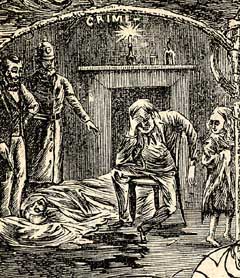
This is what the Industrial Revolution had achieved. Blackburn was in fact no worse nor better than any other similar town. Historian George Miller pointed out that in more middle class Preston there was as much drinking going on in the privacy of the home, whereas in Blackburn it was out there on the street. It was the threat posed by overt drunkenness that persuaded those in authority that something should be done, that living conditions should be improved, working hours decreased. Others argued that long working hours kept the potential danger off the streets.
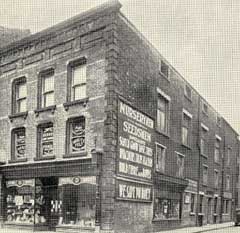
In 1830 Francis Skinner from Edinburgh became pastor of Mount St Presbyterian Chapel. He brought the Temperance ideal with him. It had already taken root in Scotland, having spread there from America. In 1831 at a meeting at the Music Hall in Market Street Lane the Blackburn Temperance Society was launched. Temperance was well-established in Preston and it's leading advocate Joseph Livesey came to speak in Blackburn and became a staunch friend and ally of the Rev. Skinner.
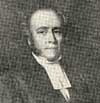
In the next 50 years conditions in Blackburn improved dramatically: mill workers finished at noon on Saturday; shopworkers at noon on Thursday; the 1870 Education Act provided schooling for all children; there was a public park; there was a public library. Drunkenness was less in evidence too, but was still a problem. In 1882 there were over 900 arrests for drunken offences. There were over 600 licensed premises in the town. In 1873 when magistrates throughout the country had been given the power to close public houses at 11.00pm. only Bristol and Blackburn failed to do so.
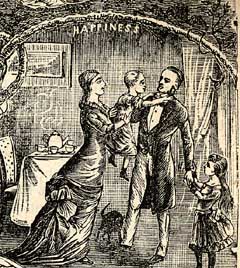
Farm labourer George Lewis had signed the pledge back in 1836. He married Ann Graham who was doing much good work among the poor. They had a child, Elizabeth Ann Lewis, who grew up to be a leading light in the Temperance movement. She began her life's work in Blackburn in 1882. By 1884 she was organising entertainments in the Spinners' Institute to counter the attractions of the public house. At one such Master Willie Wolstenholme played the piano. This was an early performance by the celebrated organist. Mrs Lewis died on March 24th 1924 aged 76. In the 40 years of her work offences of drunkenness had dropped to a little over 100 a year and the number of licensed premises in the town had been halved. Opening hours had been restricted too: 11.00am to 3.00pm and 6.00pm to 10.00pm.
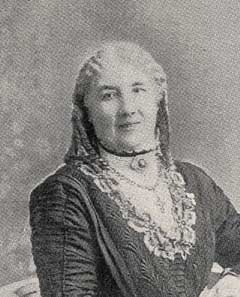
In recent years the relative cheapness of alcohol, long opening hours for pubs and the promotion of drinks aimed at young people has again brought drunkenness on to the streets. The boozy rowdies of the 1830s would feel quite at home in Blackburn town centre on a Friday or Saturday night.

